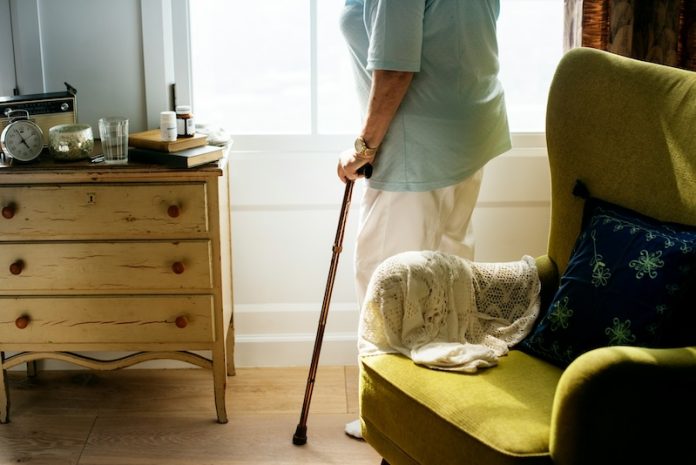
A study from the University of Pittsburgh has found a strong link between extreme tiredness in older adults and a higher risk of death within a few years.
The research suggests that older people who feel very fatigued after everyday activities are more likely to die within the next 2.7 years compared to those who experience less fatigue.
Scientists have long known that regular physical activity can help reduce tiredness, but this study is the first to show that severe fatigue itself may predict a shorter lifespan. The findings highlight the importance of paying attention to energy levels in older adults.
To conduct the study, researchers used a special tool called the Pittsburgh Fatigability Scale, created by the University of Pittsburgh in 2014. This scale helps measure how tired someone feels after different activities. It has been widely accepted in research and is now available in 11 languages.
The study involved 2,906 adults aged 60 or older who were part of the Long-Life Family Study, a project that examines factors linked to aging and longevity. Each participant rated, on a scale from 0 to 5, how tired they expected to feel after activities such as a 30-minute walk, light housework, or heavy gardening.
After following up with participants for nearly three years, the researchers discovered a clear pattern. Those who scored 25 or higher on the Pittsburgh Fatigability Scale were 2.3 times more likely to die in the following years than those with lower scores. This means that people who experience greater fatigue may face a higher risk of dying sooner.
These findings highlight the importance of recognizing fatigue as a potential warning sign of underlying health problems. The study suggests that doctors and caregivers should monitor energy levels in older adults and explore ways to reduce fatigue through lifestyle changes, such as increased physical activity and better nutrition.
Beyond this specific study, the results align with other research showing that good health habits, such as a balanced diet and regular exercise, play a key role in aging well. Feeling constantly exhausted may not just be a normal part of aging—it could be a sign of declining health.
Published in The Journals of Gerontology: Series A, this study, led by Nancy W. Glynn and her team, provides new insights into aging and health. It suggests that addressing fatigue could be an important step in improving quality of life and longevity for older adults.
If you care about health, please read studies about how Mediterranean diet could protect your brain health, and the best time to take vitamins to prevent heart disease.
For more health information, please see recent studies that olive oil may help you live longer, and vitamin D could help lower the risk of autoimmune diseases.
Copyright © 2025 Knowridge Science Report. All rights reserved.



